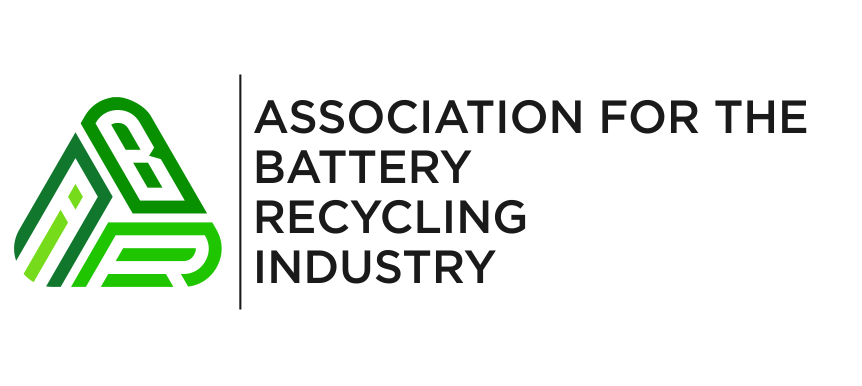What’s the future for battery recycling policy in Australia?
6 November 2024 – Editorial published in the Australian Information Industry Association Connector Digital Magazine (November 2024) focusing on battery recycling policy and mandatory producer responsibility ahead of the December Environment Ministers meeting.
The battery recycling industry is focusing on the upcoming December Environmental Ministers’ meeting for signals as to the next steps in extended battery producer responsibility and stewardship.
At their June meeting Ministers noted “.. battery fires are escalating as an issue and require interventions through the battery life cycle – from their design to the way they are stored and disposed of at their end of life.”
In response, State governments are now accelerating work on product stewardship for all batteries and a draft Regulatory Impact Statement is due to be completed by December 2024.
Recyclers know that the battery market is complex with a multitude of application and distribution channels – electronics, toys, automotive, energy storage, micromobility, household appliances, industrial, marine, recreational, etc. This leads to different reverse logistics routes and solutions to improving collection rates for end of life batteries.
There is little detail on what interventions and product stewardship could look like. Any action should be carefully developed to draw on existing international and best practices in product take back and circular economy. As reported at the October E-Scrap Conference in the US, “battery rules should be proactive, not reactive”.
International mandatory solutions to recycled batteries being driven by fires in waste facilities and circular economy polices
Internationally, there are a growing range of initiatives to increase action on battery recycling. These include well known initiatives out of Europe – the WEEE and Battery Directives. In the US, states hare started passing laws mandating end of life battery management. These vary in application and design but will make the operating framework complex.
This is all happening at a time when understanding of best practice handling, storage and transport of used lithium batteries is still evolving. Solutions to improve product stewardship outcomes cannot happen in isolation.
Circular economy requires collaboration across the supply chain
To support a seamless circular economy supply chain requires collaboration to address pinch points and develop solutions. The Association for Battery Recycling Industry (ABRI) looks forward to working with the Australian Industry Information Association (AIIA) to build on existing leading OEM sustainability initiatives and expand their uptake.
ABRI has over 60 members from across the battery value chain who provide recycling services all battery chemistries and applications. ABRI’s members include e-waste
recyclers. Further information on ABRI and its members is available at www.batteryrecycling.org.au.
